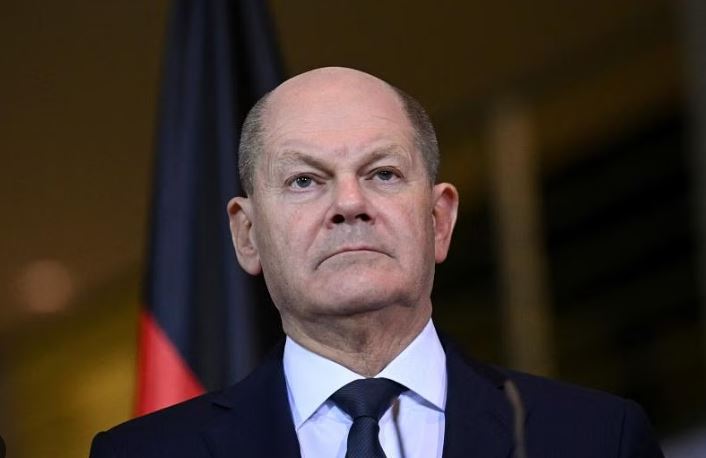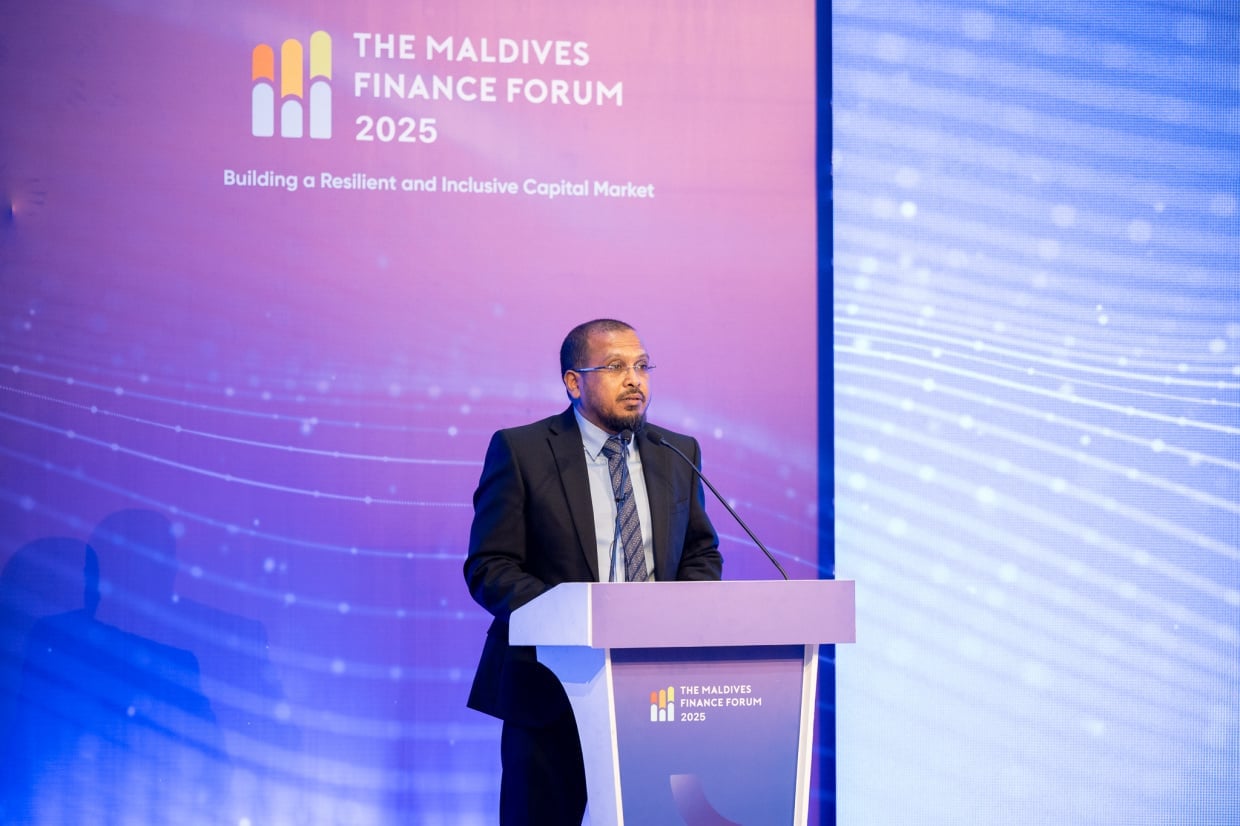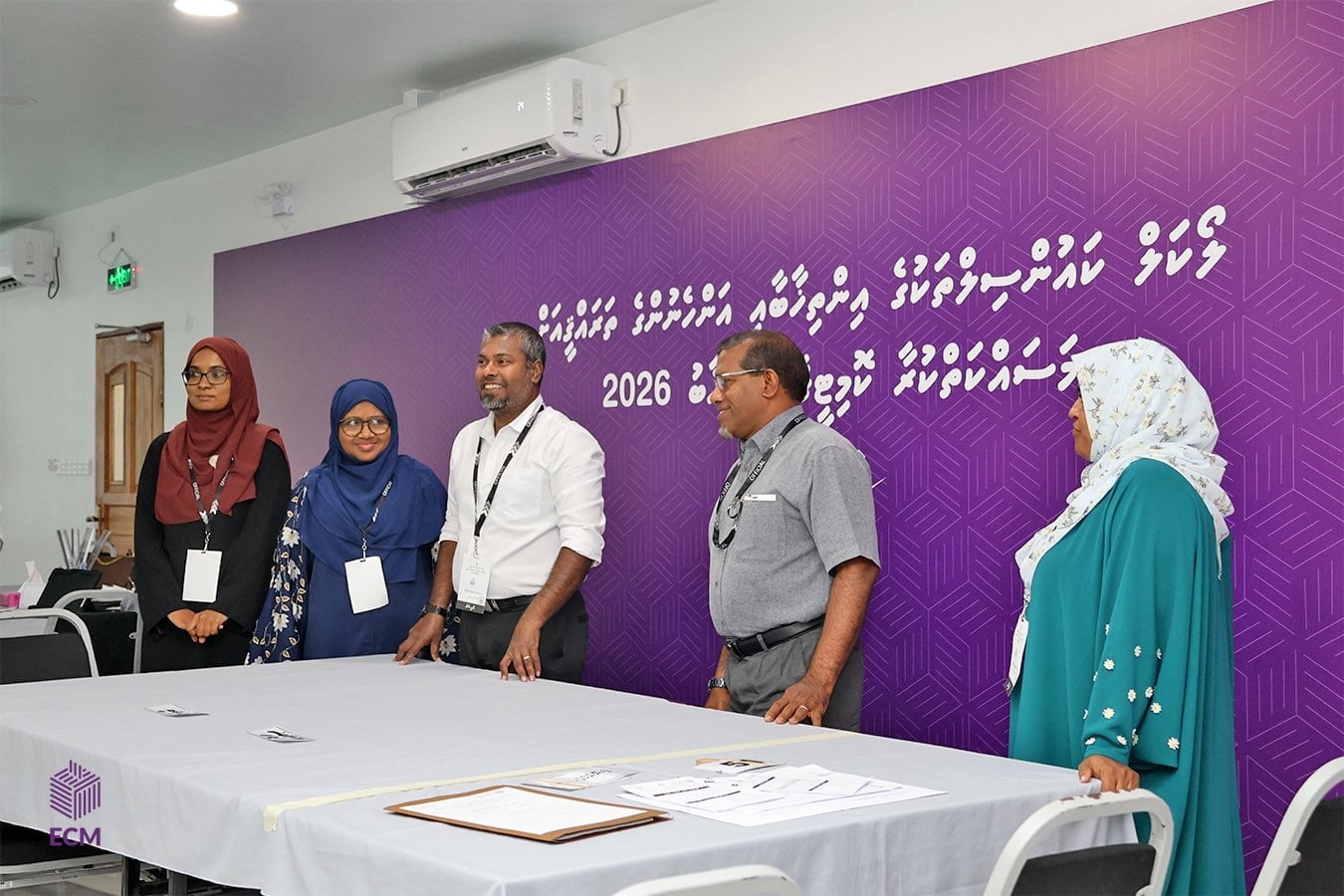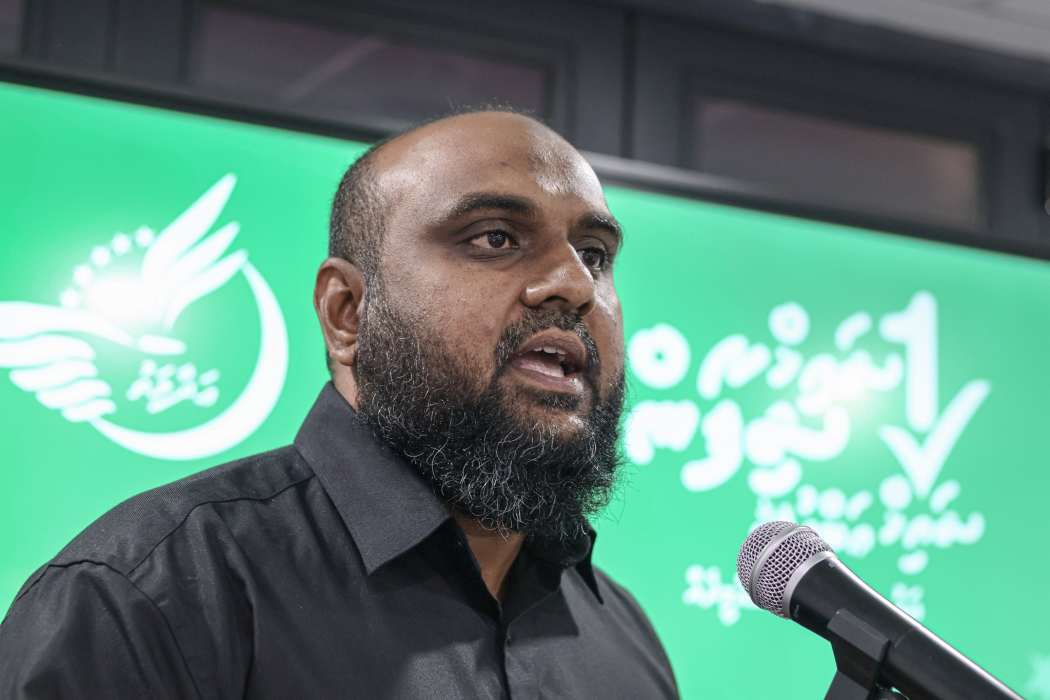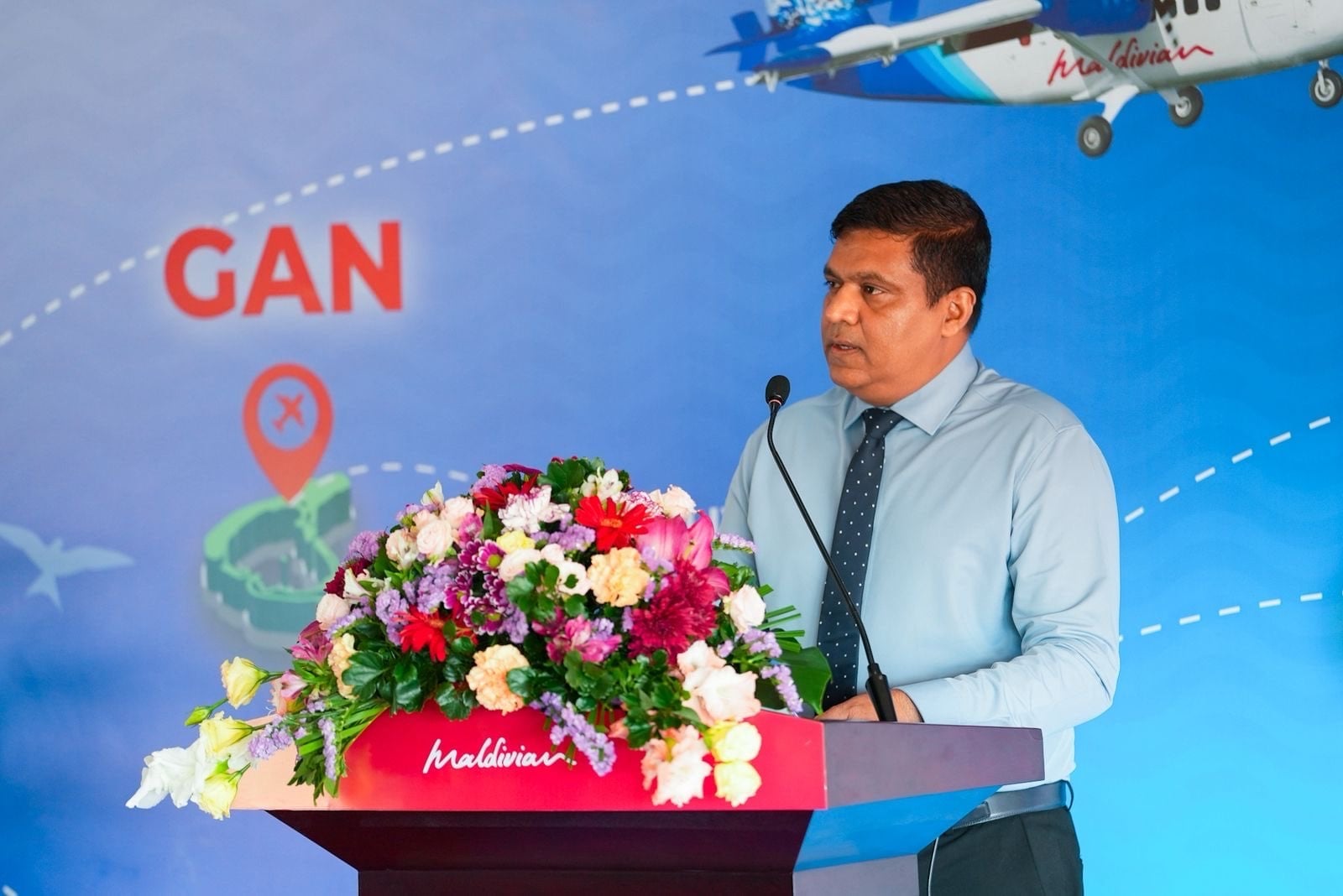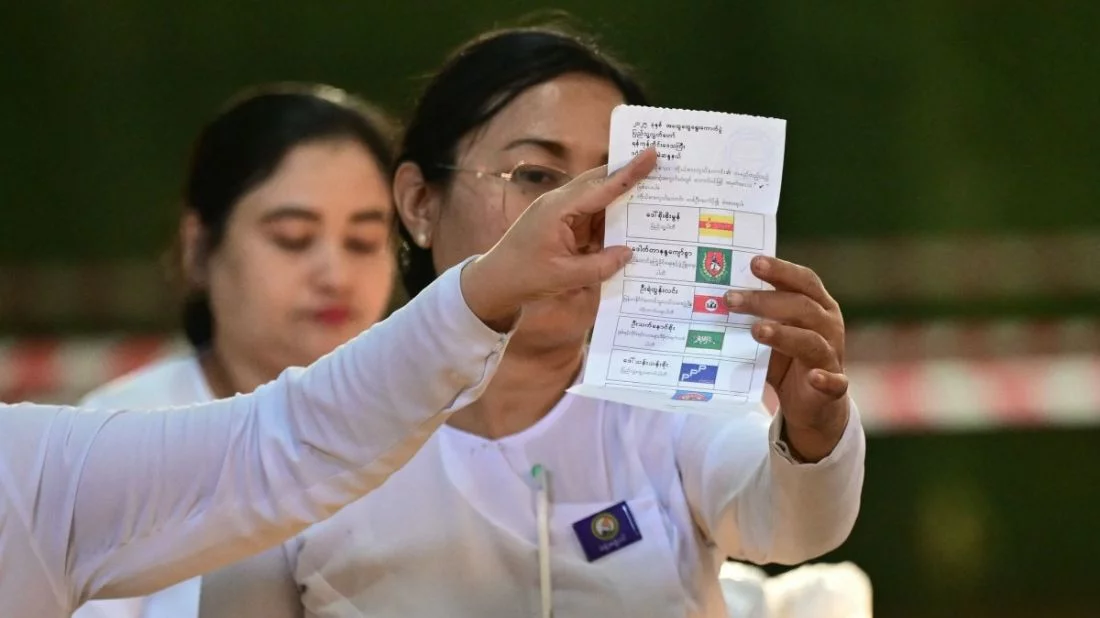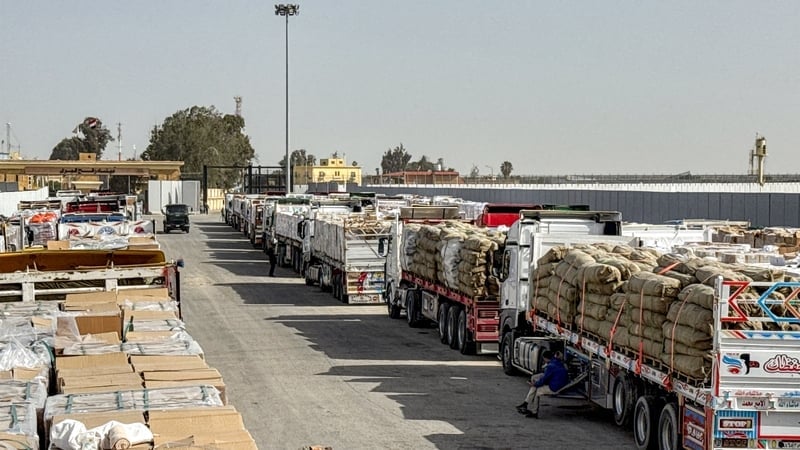German Chancellor Olaf Scholz has called upon Israel to facilitate larger-scale access to humanitarian aid in Gaza ahead of his two-day trip to the Middle East. The Chancellor's remarks come amidst growing concerns over the humanitarian situation in the region, particularly in light of Israel's planned offensive in the southern Gaza city of Rafah.
Scholz is set to embark on his journey to the Middle East, beginning with a visit to the Jordanian Red Sea port of Aqaba on Saturday. He is scheduled to hold talks with Jordan’s King Abdullah before proceeding to Israel to meet with Prime Minister Benjamin Netanyahu on Sunday.
Expressing the urgency of the matter, Scholz emphasized the necessity for aid to reach Gaza on a larger scale. Speaking to journalists ahead of his trip, he underscored the importance of addressing the pressing humanitarian needs in the region.
Furthermore, Scholz voiced grave concerns regarding Israel’s planned offensive in Rafah, a densely populated area where a significant portion of Gaza's population has sought refuge. He warned against the potential for widespread civilian casualties if such an offensive were to proceed, emphasizing the need to strictly prohibit actions that could result in harm to innocent lives.
In response to the escalating crisis, Germany's air force took action by conducting airdrops of relief supplies into the enclave. The delivery, consisting of four tons of relief goods, aimed to assist those in need amid the worsening situation.
While the airdrops signify a tangible effort to alleviate the suffering of Gazans, Germany's foreign ministry acknowledged that such measures alone are insufficient to address the magnitude of the crisis. In a statement posted on social media platform X, the ministry emphasized the significance of larger-scale aid access to effectively meet the needs of the population.
The Chancellor's upcoming meetings with regional leaders are expected to focus on addressing the humanitarian crisis in Gaza and exploring avenues for facilitating broader access to essential aid.
Scholz is set to embark on his journey to the Middle East, beginning with a visit to the Jordanian Red Sea port of Aqaba on Saturday. He is scheduled to hold talks with Jordan’s King Abdullah before proceeding to Israel to meet with Prime Minister Benjamin Netanyahu on Sunday.
Expressing the urgency of the matter, Scholz emphasized the necessity for aid to reach Gaza on a larger scale. Speaking to journalists ahead of his trip, he underscored the importance of addressing the pressing humanitarian needs in the region.
Furthermore, Scholz voiced grave concerns regarding Israel’s planned offensive in Rafah, a densely populated area where a significant portion of Gaza's population has sought refuge. He warned against the potential for widespread civilian casualties if such an offensive were to proceed, emphasizing the need to strictly prohibit actions that could result in harm to innocent lives.
In response to the escalating crisis, Germany's air force took action by conducting airdrops of relief supplies into the enclave. The delivery, consisting of four tons of relief goods, aimed to assist those in need amid the worsening situation.
While the airdrops signify a tangible effort to alleviate the suffering of Gazans, Germany's foreign ministry acknowledged that such measures alone are insufficient to address the magnitude of the crisis. In a statement posted on social media platform X, the ministry emphasized the significance of larger-scale aid access to effectively meet the needs of the population.
The Chancellor's upcoming meetings with regional leaders are expected to focus on addressing the humanitarian crisis in Gaza and exploring avenues for facilitating broader access to essential aid.



